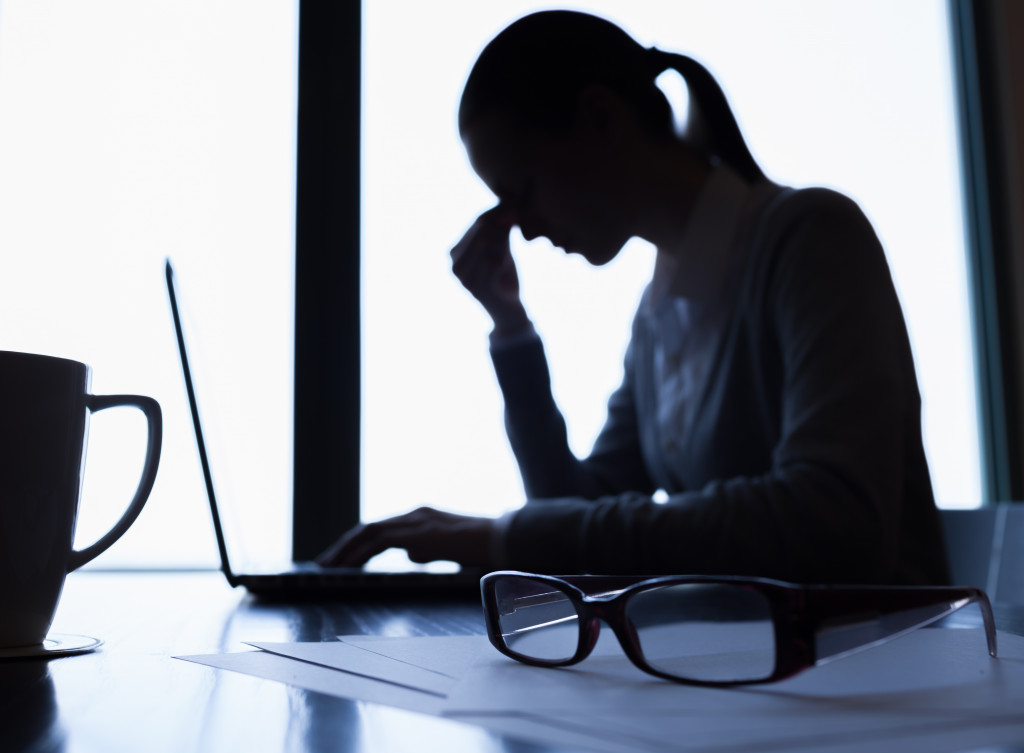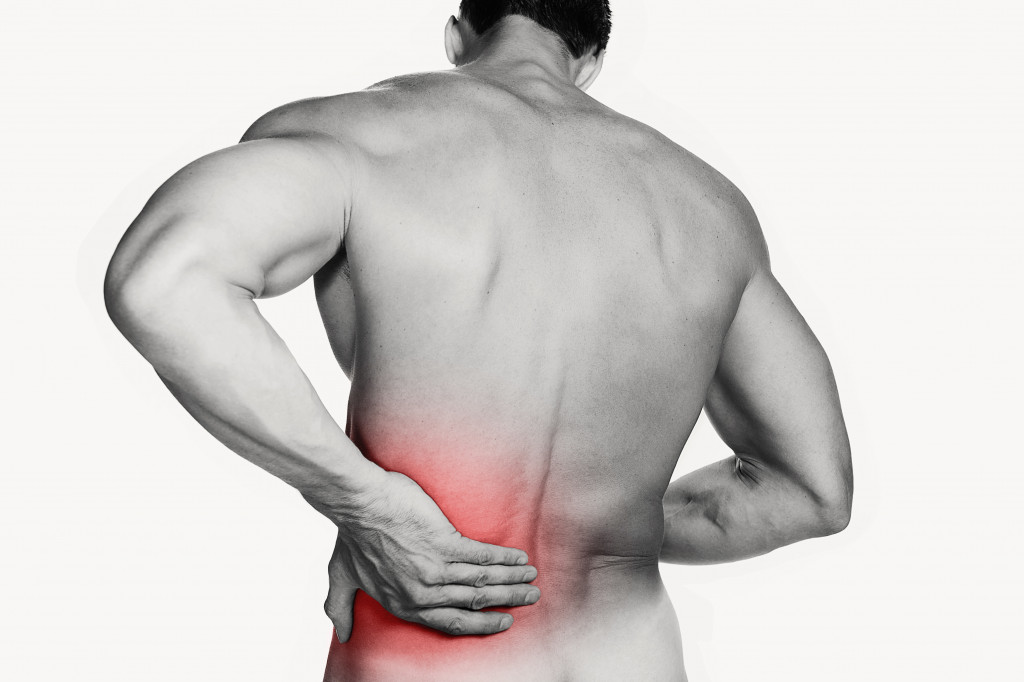- Chronic back pain, often caused by sedentary lifestyles, affects a significant number of adults globally.
- Various treatments exist, including physical therapy, medication, surgery, and alternative therapies like chiropractic care.
- Stress exacerbates chronic back pain, while the resulting chronic pain can negatively impact mental health.
- Self-care through a balanced diet, regular exercise, adequate sleep, and relaxation techniques are crucial for managing chronic back pain.
Back pain can have a profound impact on your daily life, making everyday activities such as work, exercise, and even sleep challenging to carry out. While many experience back pain at some point in their lives, chronic back pain can be particularly debilitating. Unfortunately, chronic back pain affects a significant number of adults. This blog will cover a few things you need to know about chronic back pain.
Chronic back pain is often caused by lifestyle factors.
One of the most common causes of chronic back pain is a sedentary lifestyle. Sitting for long periods of time, slouching, and poor posture can all contribute to chronic back pain. If you work in an office, be sure to take frequent breaks to stand up, stretch, and move around. Incorporating exercise into your daily routine can also help alleviate discomfort. Focus on low-impact activities, such as swimming, yoga, or cycling.
There are many treatment options available.
Chronic back pain should not be ignored. If you are experiencing chronic pain, it is essential to seek medical attention. Don’t ignore chronic back pain. If you are experiencing ongoing pain, it’s crucial to seek targeted treatment. Consider treating your pain at Lone Star Spine & Pain Institute, where a team of professionals provides personalized and comprehensive care for individuals struggling with spine and pain issues in various situations.
Your doctor may recommend a number of treatments depending on the cause and severity of your pain. Physical therapy, pain medication, and surgery are all common options.
Alternative therapies, such as chiropractic care, are also effective. Chiropractic care is a non-invasive modality of treatment that focuses on the diagnosis and management of health conditions associated with the musculoskeletal system, particularly the spine. An experienced chiropractor will be able to effectively restore mobility in the joints that are restricted by tissue injury caused by traumatic events, like falling, or repetitive stress.
Stress can make chronic back pain worse.
Stress is a significant contributor to chronic pain conditions, including back pain. Finding ways to manage stress can help reduce pain and improve overall well-being. Exercise is one way to manage stress, but other options include meditation, deep breathing techniques, or talking to a mental health professional.
Chronic back pain can impact your mental health.

Chronic pain conditions are often accompanied by feelings of anxiety and depression. Chronic back pain can make it challenging to carry out daily activities and can lead to feelings of frustration, hopelessness, and isolation. It is essential to seek support if you are struggling with the emotional aspects of chronic pain.
Self-care is crucial for managing chronic back pain.
Self-care is crucial for managing chronic back pain. This can include the following four things:
Maintaining a healthy diet
A balanced diet is vital in managing chronic back pain. Consuming foods rich in anti-inflammatory properties, like fruits, vegetables, lean proteins, and whole grains, can help alleviate pain symptoms. Additionally, staying hydrated by drinking plenty of water can also contribute to reducing inflammation. Avoid processed foods and those high in sugar, as they can increase inflammation and exacerbate pain.
Regular physical activity
Regular physical activity is also crucial in managing chronic back pain. As mentioned earlier, a sedentary lifestyle could lead to or worsen back pain. Incorporating regular exercise not only improves your overall well-being but also strengthens your back and core muscles, which play a critical role in supporting your spine.
Getting adequate sleep

Getting adequate sleep is another crucial aspect of self-care when managing chronic back pain. Lack of sleep can exacerbate your pain and also affect your mood and ability to cope with pain. Establishing a regular sleep schedule, creating a comfortable sleeping environment, and avoiding caffeine and electronics before bedtime can contribute to better sleep.
Practicing relaxation techniques
Practicing relaxation techniques is a critical element of self-care for chronic back pain management. Activities such as mindfulness meditation, deep breathing exercises, and progressive muscle relaxation can help reduce stress, a common trigger for pain flare-ups.
By practicing self-care, you can significantly improve your quality of life while managing chronic back pain.
Chronic back pain is a complex condition that impacts numerous facets of your life. However, by understanding the causes and treatment options available, adopting a healthier lifestyle, managing stress, and prioritizing self-care, you can take control of your chronic back pain and enhance your overall quality of life.
Remember, seeking professional medical help is crucial if you’re struggling with chronic pain. Don’t hesitate to reach out for support with the emotional aspects of enduring pain. No matter how small, every step forward is progress toward a healthier, pain-free life.




